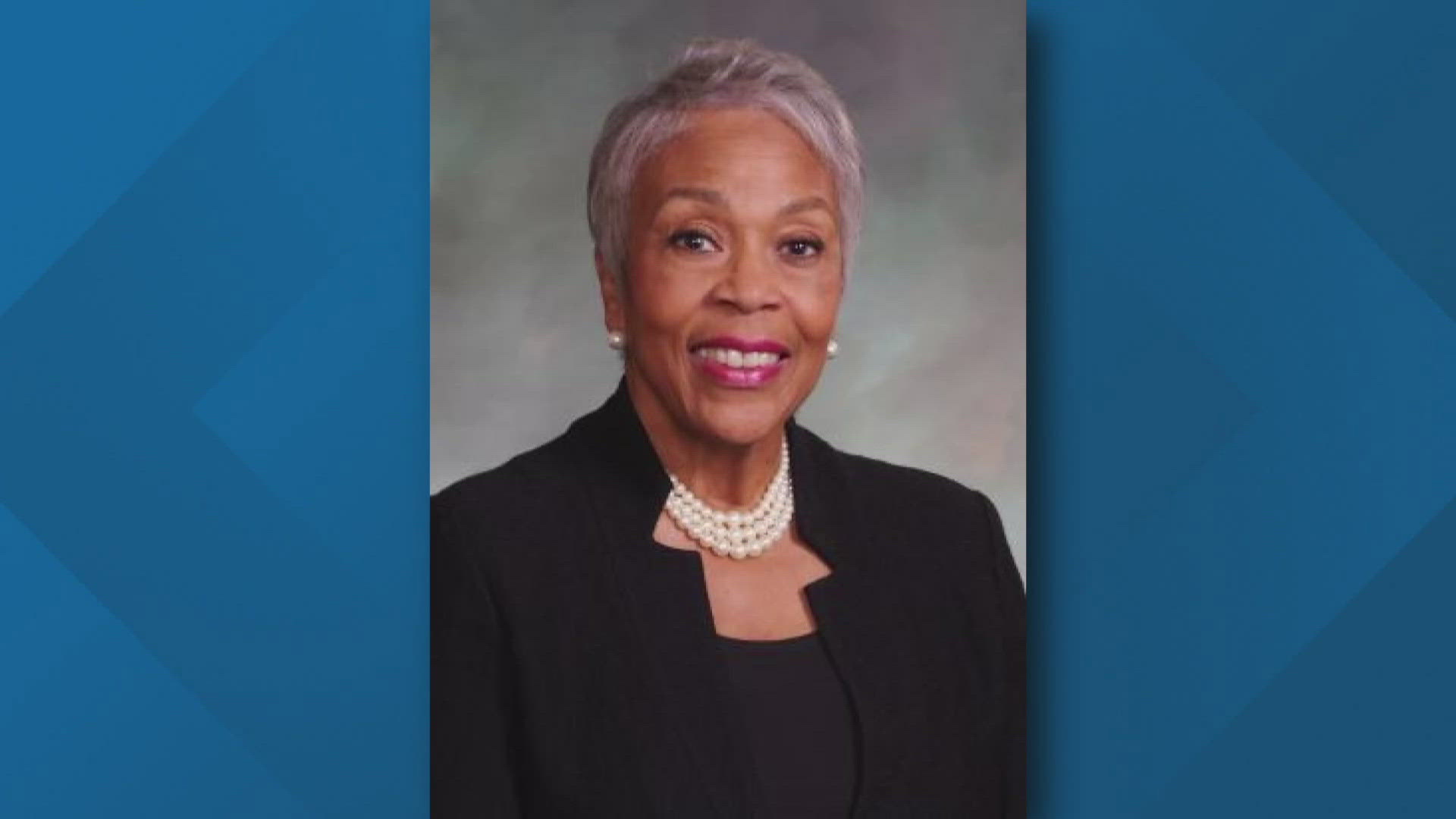DENVER — The Colorado State Capitol should install a vacancy light. It would be illuminated often.
A second Democratic lawmaker has resigned just after winning reelection to a four-year term.
State Sen. Janet Buckner, D-Aurora, announced her resignation on Thursday. It will be effective Jan. 9, the day after the legislative session begins.
“After a personally challenging year, it is time for me to step aside and prioritize my family and health,” Buckner said in a statement.
Jan. 9 is also the day that State Sen. Chris Hansen, D-Denver, will resign. Hansen was also just reelected for another four-year term. He was hired as CEO of La Plata Electric Association in Durango, an announcement that came one week after his reelection.
There will also be a third vacancy when State Sen. Kevin Van Winkle, R-Highlands Ranch, resigns. He has two years left in his term but just won his election to the Douglas County commissioners.
“I agree the very best decision makers to choose their representatives have to be the voters,” Shad Murib, Colorado Democratic Party Chair, said.
Yet, per state law, each vacancy will be filled by an appointment made by a vacancy committee.
Who makes up a vacancy committee? Here is Murib’s best attempt to explain it simply.
“A vacancy committee is chosen by any member of a political party that shows up to its party's reorganization, which happens every two years. They can get elected to be a chair, a vice chair, or a secretary of each Senate district or House district. You can also be elected as a precinct organizer. And those folks are also included in the vacancy committee, as well as elected officials within that jurisdiction,” Murib said.
The short version of that is, not voters, rather really engaged party leaders.
Colorado is one of five states that uses political party vacancy committees to select state legislative vacancy replacements.
Half of the country uses special elections.
“Our unique budget restrictions prevent us from being able to efficiently and safely run a special election process, and these vacancy committees are the result of that,” Murib said. “We can consider things like special elections, but we should also consider things like increasing the size of the committee or making some necessary changes around campaign finance reforms that we know who's running for these offices, who's bankrolling the candidacies and increasing public transparency.”
His reference to campaign finance reform is about the lack of transparency that exists currently with vacancy committee campaigns.
At least three people have made it public that they are seeking Hansen’s seat through the vacancy committee.
State Rep. Steven Woodrow, D-Denver, State Rep.-elect Sean Camacho and City of Denver Policy Director Matt Ball.
Anyone who tries to get appointed by a vacancy committee does not have to disclose their financial contributions and spending like in a regular election campaign.
Murib would like to change those rules to make the process as transparent as an election. He also is pushing back on concerns that vacancy committees simply fill the lawmaker’s vacant seat with whomever that lawmaker wants to take over.
“There should be no sense in any of these vacancy committees that the party is playing a game and choosing folks to represent. There should be no attempted rigging of the process,” Murib said. “As long as I'm chair, we are going to work to make sure that there is never a situation in which people can use this process to either rig or otherwise try to make the process work for their chosen successor.”
No state replaces legislative vacancies the way State Rep. Bob Marshall, D-Highlands Ranch, wants to create.
He wants to prevent the person appointed from running in that district’s next election. He tried that bill earlier this year. It made it out of one committee before it died.
“Whoever is appointed into that, no, they would not be able to run in ‘26, but they would be able to run in ‘28 for that next election,” Marshall said. “You'd be a true interim appointee, and you would just finish out that term. You're not allowed to run for the same office for a follow-on term.”
The person picked to fill Hansen and Buckner’s vacancies will face a special election in 2026, for the remaining two years of the term. Then, in 2028, those seats will be up for election again for the full four-year term.
“The whole point would be to have a general, fair scrum for the election and not just have these interim appointees who become the incumbent,” Marshal said.
It has been suggested to Marshall that his idea to prevent someone from running for office is unconstitutional.
“That would mean all term limits are unconstitutional that we have now, and no one's really challenged that,” Marshall said.
He is going to bring his bill back in 2025. It would require voter approval, so first it would need two-thirds support at the legislature, and then it would need to pass on the ballot.
“This is probably by far the best compromise. And the best part about it too is it has to be approved by the voters,” Marshall said. “Instead of us deciding what the voters should be allowed to do, we're putting a proposition in front of them and deciding if that's what they want to do.”

